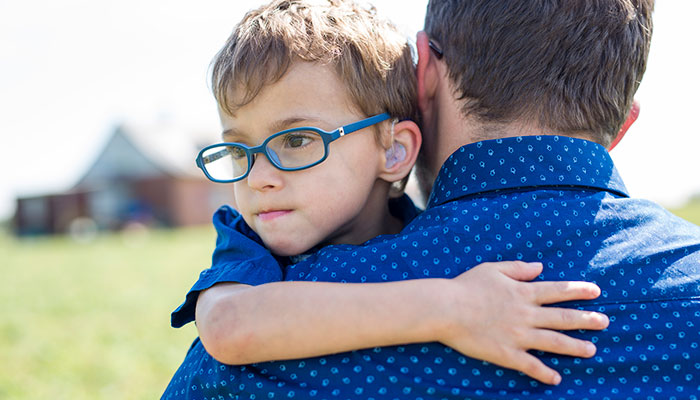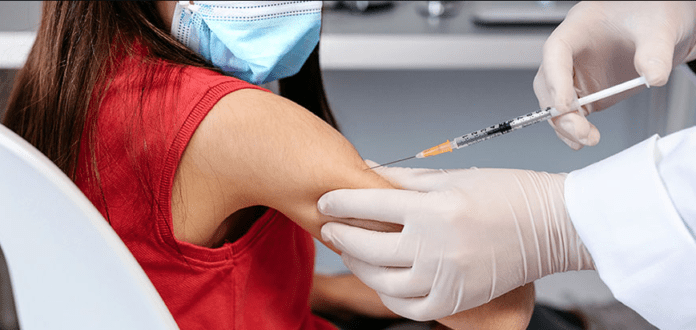While many parents are delighted that the COVID-19 vaccine is now available for children younger than 12, many youngsters are terrified by the prospect of getting a shot. This is especially true for some children with special needs. Justine Butler, a Registered Nurse who works at one of May Institute’s schools for children with autism and developmental disabilities in Massachusetts, offers the following advice to families who want to make vaccination appointments successful:
Check:
Check in with yourself as the parent or guardian. Are you anxious, nervous or fearful? Try to remain calm. This can help your child remain calm as well.
Check in with your child’s provider and see if they recommend pre-medicating with an over-the-counter pain reliever or using a topical numbing cream/spray. One non-pharmacological suggestion, according to the May Institute, is using a Buzzy, a small hand-held device that creates a cooling vibration, or buzzing, when placed on the skin. The device is placed near the injection site from slightly before to right after the shot is administered.

Collaborate:
Before the appointment, call the office and see if your child’s provider can help you create a schedule of tasks or list of steps that will occur during the appointment. Talk your child through each step. You may find it helpful to use a video or social stories that depict children having a positive experience when receiving a shot.
Collaborate with the provider and share what is challenging for your child. Ask about accommodations such as beginning or end-of-day appointments, extra support staff or practice visits. It is okay to ask the provider to take breaks and to go slowly.
Commit:
Commit to your plan and goal of helping your child have a successful vaccination experience. During the appointment, try to remain calm and reassuring. Allow your child to move and find a comfortable position. Some children may want to stand, be held, sit or lie down for the vaccination. You might want to encourage your child to “shake out the sillies” before getting the shot by shaking arms, hands and legs in a silly way.
Lastly, reward your child after the appointment. Some children may need frequent reinforcement such as a small treat or sticker after each stage of the experience.

May Institute is a nonprofit organization that is a national leader in the field of applied behavior analysis, serving individuals with autism spectrum disorder (ASD) and other developmental disabilities, brain injury and neurobehavioral disorders, and other special needs. Founded more than 65 years ago, May Institute provides a wide range of exceptional educational and rehabilitative services across the lifespan. May Institute operates four schools for children and adolescents with ASD and other developmental disabilities. www.mayinstitute.org
Seeking more content related to COVID-19? Read these articles:






